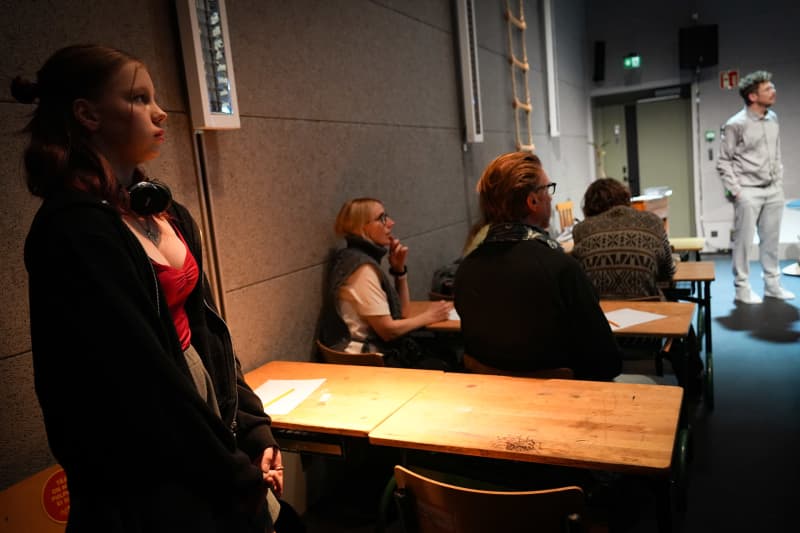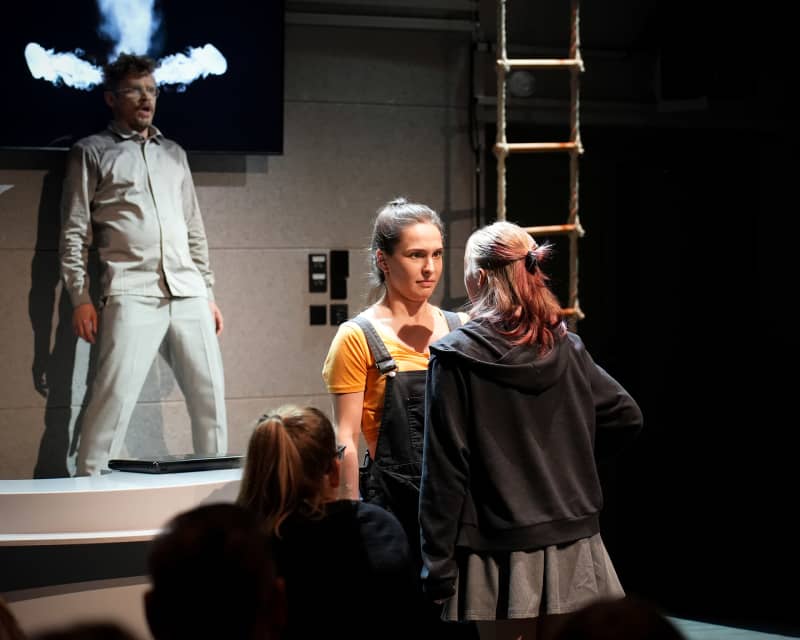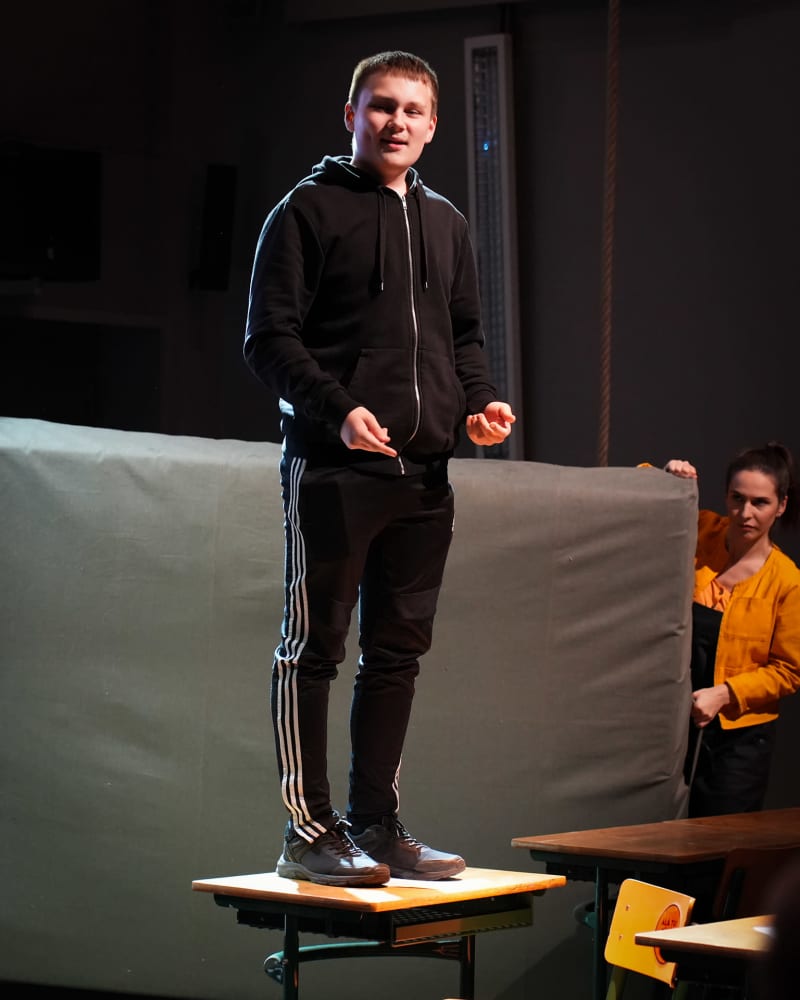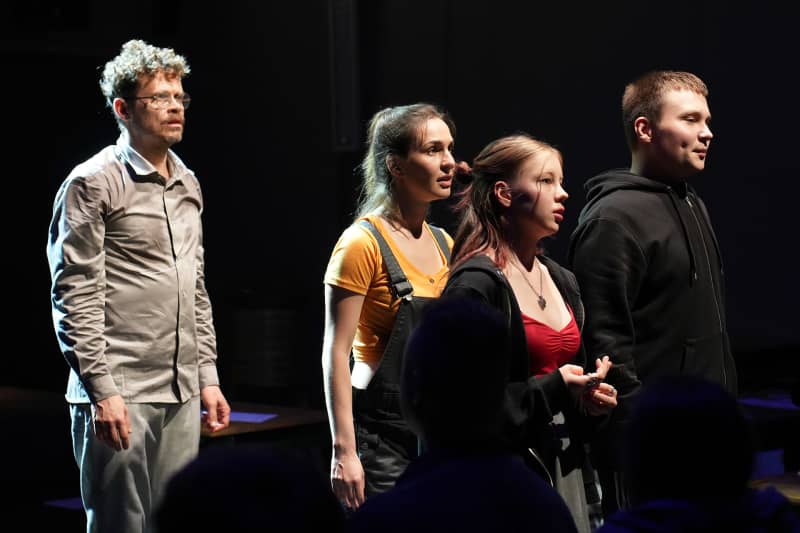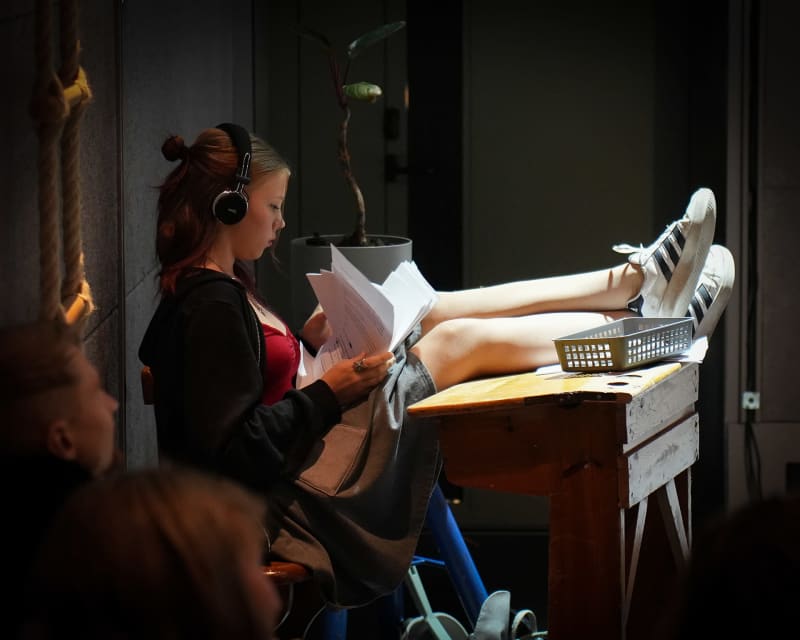
On the new stage of the National Theatre’s Maalaamo, we follow a lesson in which everything is a bit of a mess.
Break, break, let up, but also escape and intermission. These are the English translations of the word break, from which the National Theatre’s recent play takes its name.
The hour-long *Break!* takes place in a school classroom where things are not going as smoothly as they could. The teacher’s mindset is shaken, the students are exhausted and sometimes it seems that the most important task of the school, that of educating and sharing knowledge, has been trampled underfoot. And the same seems to happen in real life.
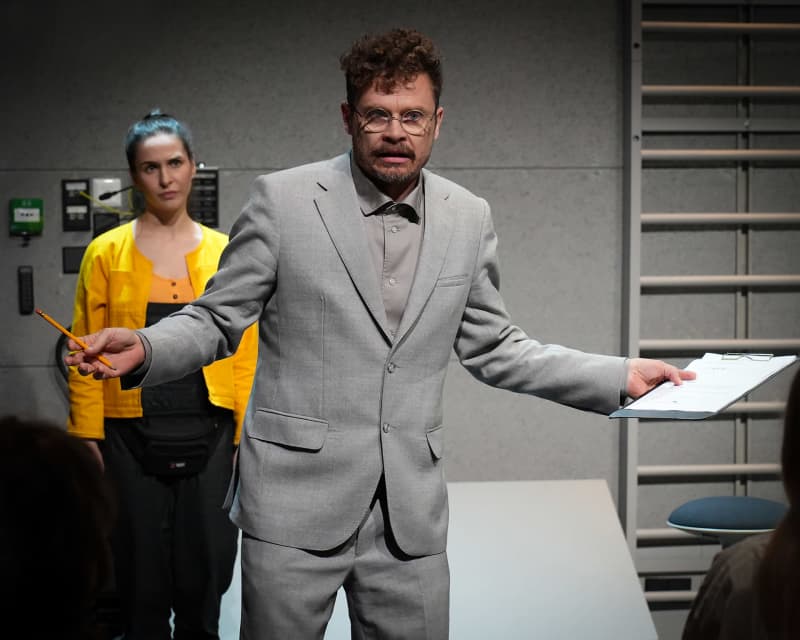
– We have not set out to build a replica, but we have interviewed both students and teachers and conducted various workshops. We have also listened to experts and the play features performers aged 13-17.
An emotional teacher
As a play, *Break!* couldn’t be more current. Even a decade ago, the Finnish school system was a matter of national pride that was admired around the world. Since then, our school system has gone into crisis: Pisa results have collapsed and learning results are going downhill.
According to bullying and violence in schools, more than half of Finnish teachers would like to change fields.
– At least I myself have noticed that nowadays there are an awful lot of things other than teaching in a teacher’s job, and that’s exactly why the play’s teacher is starting to get symptoms. He has a strong need to be as good a teacher as possible and to focus on his own work, but the focus goes to everything else, Antti Haikkala reflects.
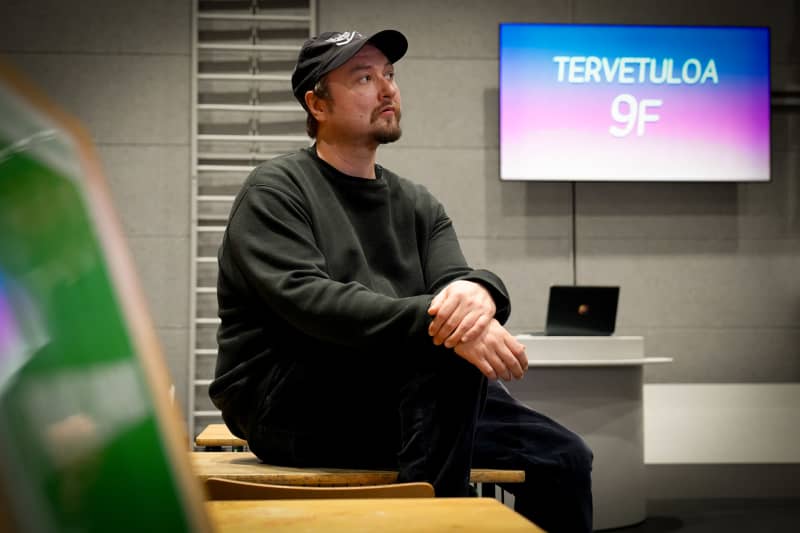
Haikkala himself went to elementary school in the 1990s, and in his opinion, the difference to today is quite clear.
– Nowadays, there seems to be a demand that you have to be ready, as it were, at an early stage. I should know very early on what I will become when I grow up and focus and invest in it. The danger is that everyone can easily slip into tubular thinking.
There is both a hiccup and a troublemaker in the hour
The young performers of the play *Break!* also agree that the domestic school system is not entirely perfect.
Kivinen says that he is a \”hiccup\” at school who gets up and down, but in the *Break!* play he wanted to play a completely different kind of character, a student who screams fuck at the teacher and chats on his cell phone.
– There is always a sweat in every class and then there is that one guy who disrupts the lesson and yells at the teacher. I think *Break!* is a realistic description of the school world: it also tells about teachers who are a bit messed up in their own way.
Exhaustion is a terrible thing
*\”Your generation has turned this into such performance crap that will burn people and the whole planet to the end.\”*
– In today’s society, everything revolves around performance and it very easily happens that you just can’t take it anymore.
In Honkakoski’s opinion, the message of the *Break!* play is quite clear.
– I hope that through the play, people will see that it’s not a good idea to overexert yourself. That exhaustion is really a terrible thing.
Compulsory phone parking?
What makes the *Break!* play special is that the audience sits in the stands and also participates in the performance itself, or \”teaching\”. Some of the actors are also sitting in the audience.
According to the director Antti Haikkala, it has been interesting to study what kind of similarities can be found in the school classroom and on the stage.
– It’s probably quite an immersive experience to sit at the desk, and for many it reminds them of the role of a student years ago. Of course, there is also a challenge, because there is, for example, no rising grandstand in use.
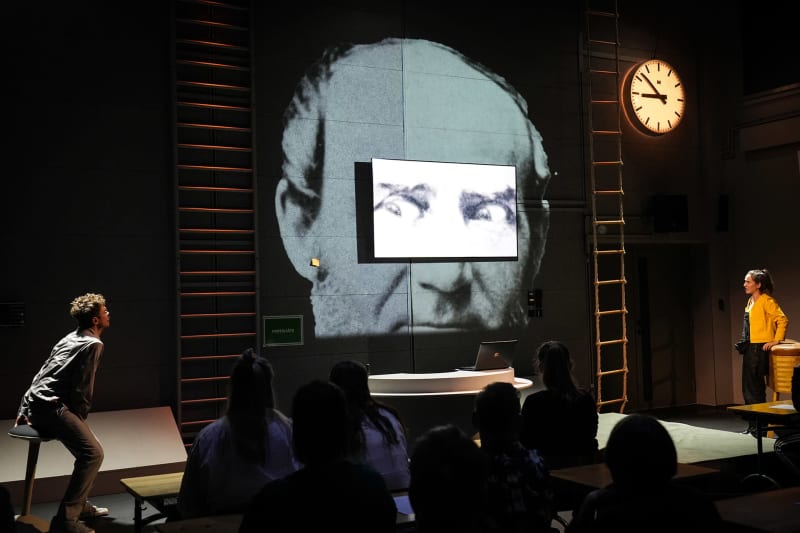
Recently, there has also been a lot of discussion on the part of the educational institution about the effect of smartphones on learning and concentration in general. The props of the *Break!* play also include a phone park.
– I wouldn’t want a cell phone in the parking lot, because for many, a cell phone also brings security. But yes, using a cell phone can also be very disruptive: if you open the snap during Swedish class, it can happen that you miss, for example, an announcement about an upcoming exam, Lempi Kivinen sums up.
*What kind of thoughts did the story evoke in you? You can discuss the topic until Monday at 11 pm.*

